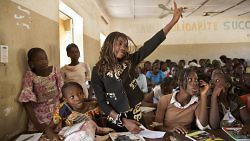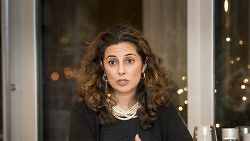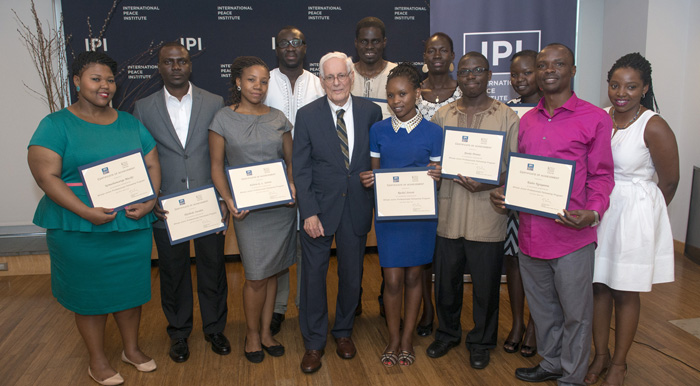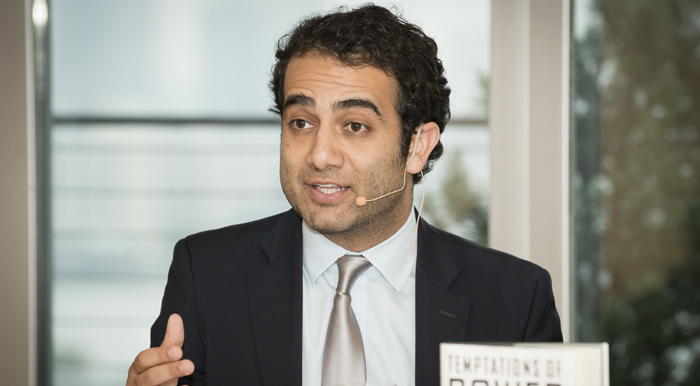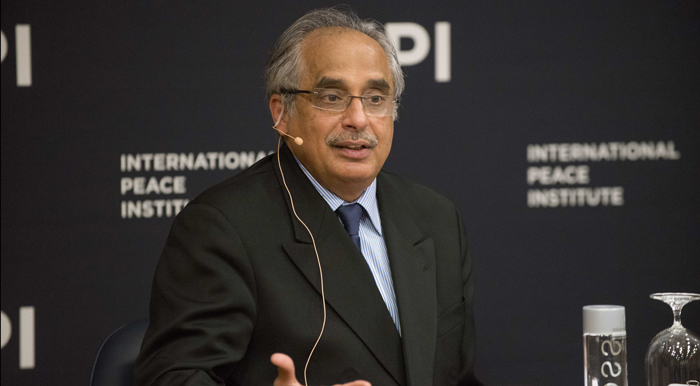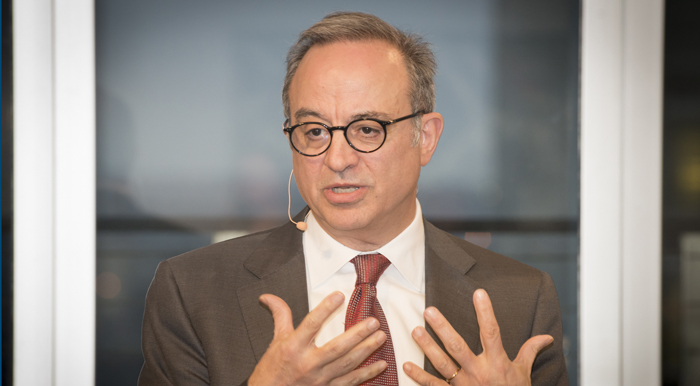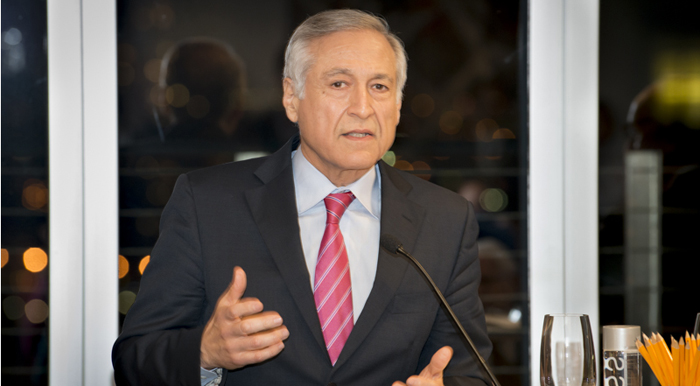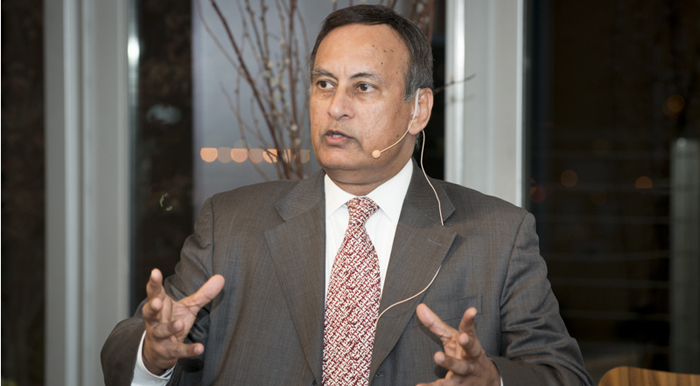
The safety of journalists has become a key issue in recent years, as reporters are increasingly harassed and targeted by hostile governments and organizations because of their work.On February 12th, government representatives, civil society members, and journalists gathered at IPI for a panel discussion on the topic, co-organized with the Norwegian Ministry of Foreign Affairs. […]
Read more